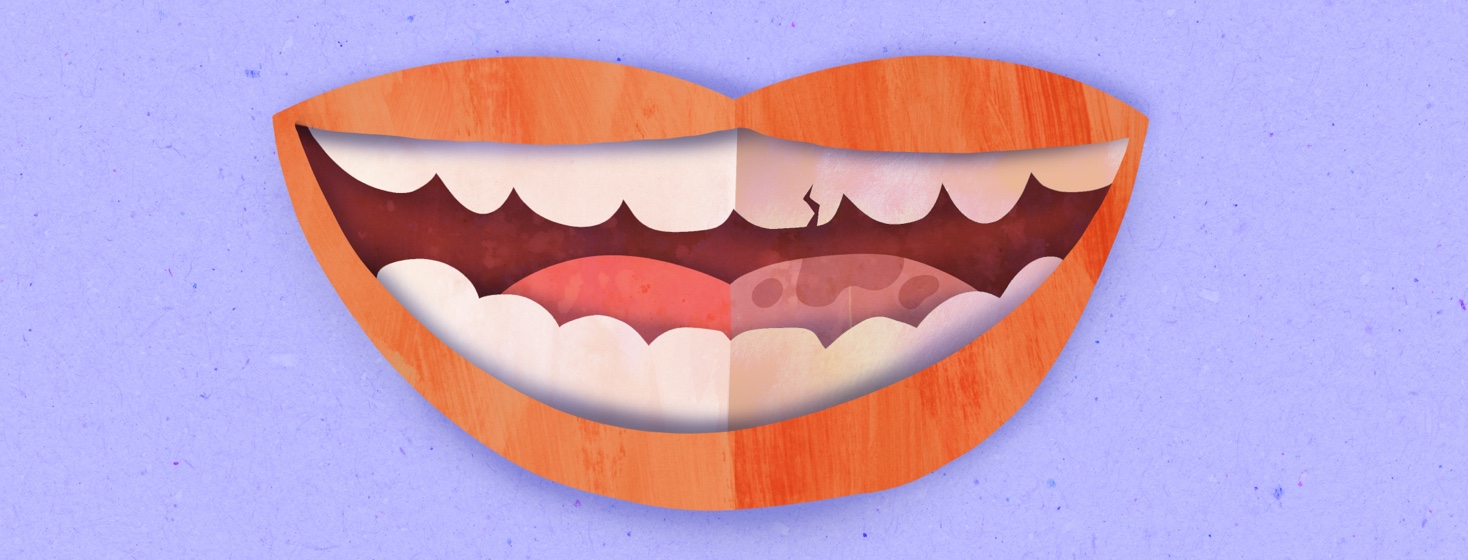Dental Health During Chemotherapy
Chemotherapy may harm normal cells in the mouth, affecting your teeth, gums, the lining of your mouth, and the glands that make saliva. These side effects can alter your ability to eat, talk, and swallow. They may also make you more prone to infections.
The oral problems depend on your body's reaction to chemotherapy. Patients have reported painful mouth, gums, dry mouth, burning or swelling of the tongue, or change in taste. It may be recommended that you see a dentist before the initiation of chemotherapy, which I did.
Visiting the dentist before chemotherapy
A dental visit before chemotherapy can treat decayed, broken, or infected teeth. The dentist can make sure dentures fit well and are not irritating your mouth.
Your dentist and oncologist can share information and work together regarding the timing of any dental procedures. I had to wait several weeks between my dental surgery and the next chemotherapy treatment.
Keeping my mouth healthy
After my chemotherapy was completed, I developed pain in my mouth and discovered that I had an infection under my tooth which required an extraction. After talking to my dentist, I learned strategies to keep my mouth healthy:
- Inspect your mouth daily for sores or changes in your gums.
- Drink lots of water to keep your mouth moist.
- I discovered Biotene or a similar saliva substitute to moisten my mouth as I had developed dry mouth after chemotherapy.
- Use an extra soft toothbrush after meals and bedtime to brush teeth, gums, and tongue.
- Use a fluoride toothpaste.
- Avoid alcohol-based mouthwash.
- Gently floss but avoid the areas that are sore or bleeding.
- Avoid foods that can cut or aggravate your sore mouth like chips or hot spicy food.
- If your mouth is sore, chew slowly, take small bites, and sip fluids with your meals.
- Consider moist soft foods like scrambled eggs, cereals, and mashed potatoes.
- Liquids like broth, yogurt, and gravy can help soften your food and make swallowing easier.
- Avoid tobacco and alcohol which may be irritating.
- Promote good bone health. Get enough of Vitamin D and Calcium to help your jaw and teeth stay strong and healthy. Dairy products are a good source of calcium.
I have learned the importance of dental health after chemotherapy and have scheduled dental appointments for oral evaluation and cleaning of teeth. While my dry mouth continues, the above strategies have lessened their impact. Always discuss any concerns or problems with your mouth with your oncologist.

Join the conversation